Parents strive to instil strong cultural connections in their children, passing down cherished customs and rituals that have endured through generations. However, cultural influences on food choices often pose a complex challenge. Traditional diets, shaped by these cultural influences on food practices, may sometimes conflict with modern nutritional understanding and health recommendations.
Families must carefully examine how cultural influences on food habits impact their children’s dietary choices and overall well-being. Many traditional dishes, while rich in cultural significance, may contain excessive amounts of sugar, unhealthy fats, or refined carbohydrates.
These ingredients, deeply embedded in cultural recipes and cooking methods, can contribute to health issues such as childhood obesity, diabetes, and poor nutrition.
We can take proactive steps to preserve our cultural heritage while promoting healthier eating habits:
1. Modify traditional recipes to include more wholesome ingredients
2. Teach children the history behind cultural dishes while introducing balanced alternatives
3. Create new family traditions that celebrate both cultural identity and nutritional wellness
4. Engage children in conversations about the evolution of cultural food practices
By thoughtfully adapting our approach to cultural food traditions, we can nurture both our children’s cultural identity and their physical health, ensuring that the legacy we pass down enriches their lives in every way.
What are cultural influences?
Cultural influences are the historical, geographical, and familial factors that shape how we assess and intervene in various situations. These influences can significantly impact our perspectives, beliefs, and behaviours, ultimately affecting our decision-making processes.
What are food habits?
Food habits are more than just what you eat. They include what you eat, who you eat with, why you eat, when you eat, and how you get, store, and dispose of food. Your environment affects your food habits.
The availability and affordability of convenience foods have changed modern food habits. More parents working, rising costs of fresh food, and longer shelf life of convenience foods have shifted how we buy and eat food globally.
What is an example of a cultural influence on food choices?
For Hindus, the cow is a sacred animal. As a result, beef is not considered food in Hindu culture. Similarly, Jewish religious laws prohibit the consumption of pork and shellfish. These examples demonstrate how cultural influences affect food choices.
How Cultural Influences Affect Our Food Habits
Cultural influences on food shape what we eat, why we eat it, and who we eat with – all significant factors in our dietary habits.
As social creatures, humans have made food the centrepiece of many cultural traditions. These cultural influences on food manifest in celebrations, worship, and acknowledgements of success. Food brings people together effectively, and many cultures have transformed it into a symbol of:
- Love
- Affection
- Prosperity
- Unity
Cultural influences on food often lead many societies to equate love with the quantity of food provided. This frequently results in hosts preparing meals for far more people than actually attend. While many cultures offer nutritious food, the sheer volume served and consumed can become problematic.
One of the most challenging cultural influences on food emerges in social dining situations. People often feel pressure to eat more than they desire or typically would. Silent social expectations drive individuals to continue eating or accept food despite feeling full.
Many believe that declining food or leaving plates unfinished shows disrespect. This can lead to overconsumption as diners attempt to demonstrate respect and love to their companions.
Why does it matter?
Children learn from adults. When they see us overeat, they assume it’s normal and follow suit. Over time, this unspoken cultural practice of overeating can develop.
What can we do about it?
While culture is deeply ingrained, it can change. We can redevelop our culture and its influence on our children’s food habits. Setting food-related boundaries and learning to say “no” are crucial for developing healthier food habits.
Are you comfortable with:
- Declining more food when you’re full?
- Cooking just enough food?
- Denying your child a snack before a meal?
Practising mindfulness and learning to say “no” are key to creating a healthier and more sustainable eating culture. This takes practice. The more we practice setting food boundaries, the better we’ll become over time.
How does culture affect food?
Culture significantly shapes food, making it a crucial part of intangible cultural heritage. Through cultural influences on food, traditional recipes, cooking techniques, and dining etiquette are passed down from generation to generation.
These practices not only reflect the values and beliefs of different communities but also serve as vital components of their cultural identity. As a result, food becomes more than just sustenance; it becomes a way of life deeply embedded in cultural heritage.
How do cultural factors shape food choices?
From childhood, cultural influences on food begin to shape our dietary habits. We develop cultural values around what to eat, how to eat, which utensils to use, who we eat with, and how often meals should be taken.
Over time, these values solidify into habits, especially because they are introduced at key developmental stages. As we grow, these food-related habits become stronger, reflecting the lasting impact of culture on our daily food choices.
What are the two components of cultural food influences?
Cultural influences on food can be divided into two main components. First, different cuisines often symbolize cultural identity, with shared meals fostering social bonds and preserving traditions.
Second, the availability of specific ingredients and cooking methods is shaped by the environment, further adding to the uniqueness of culinary traditions within a culture.
Read more articles on food here.


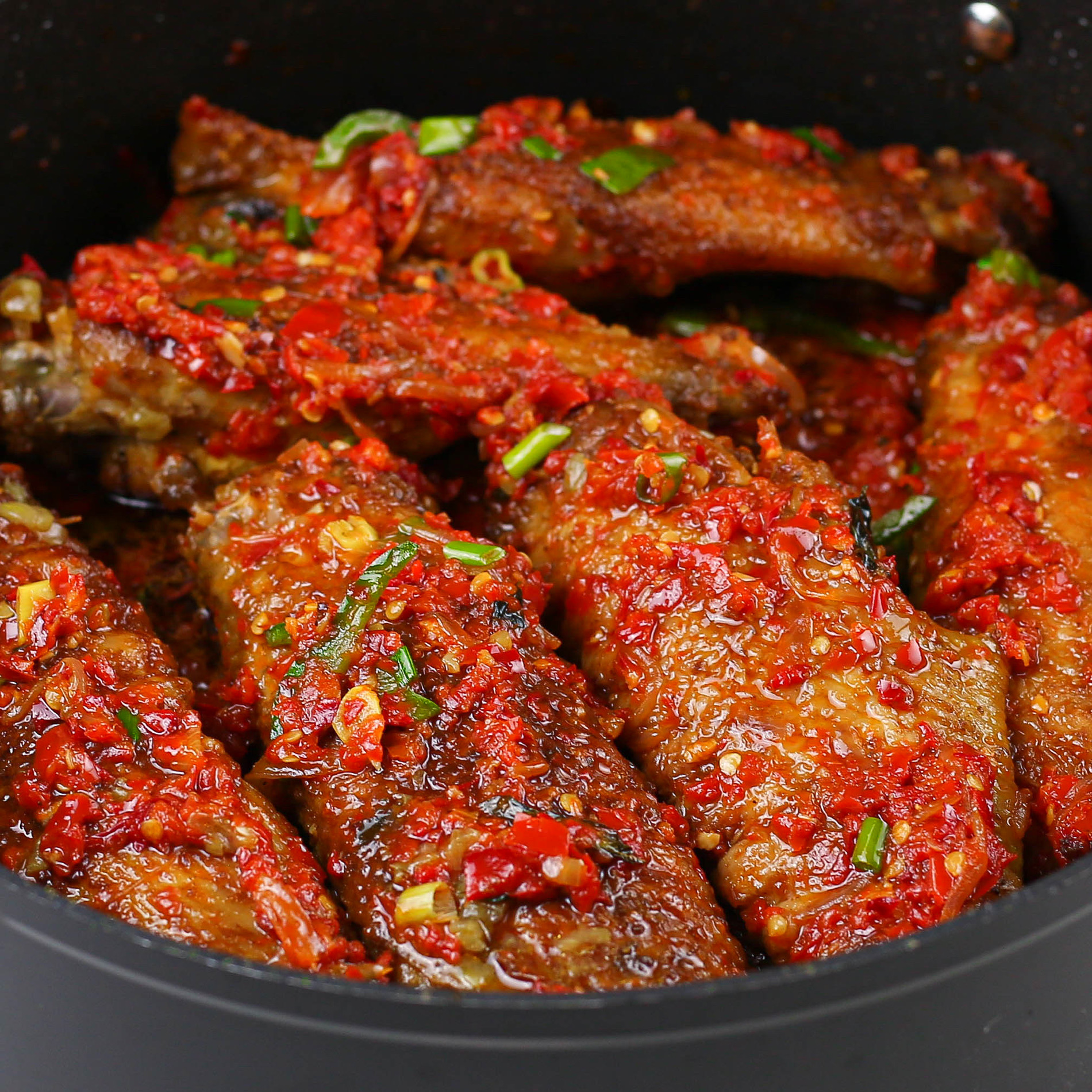


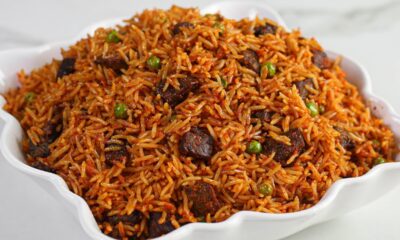



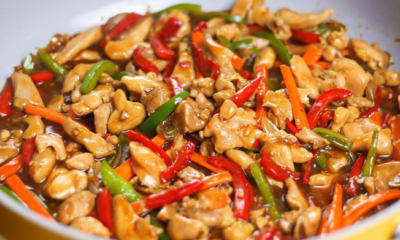

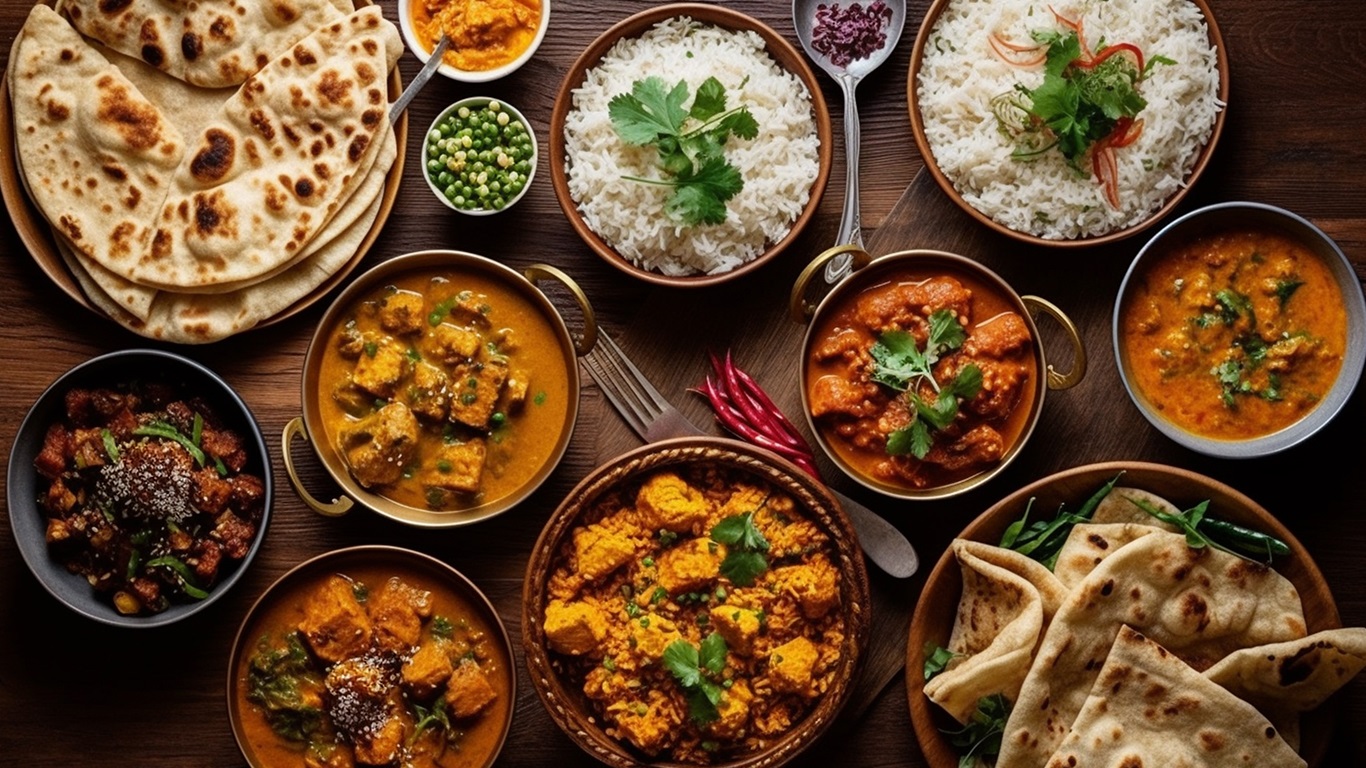

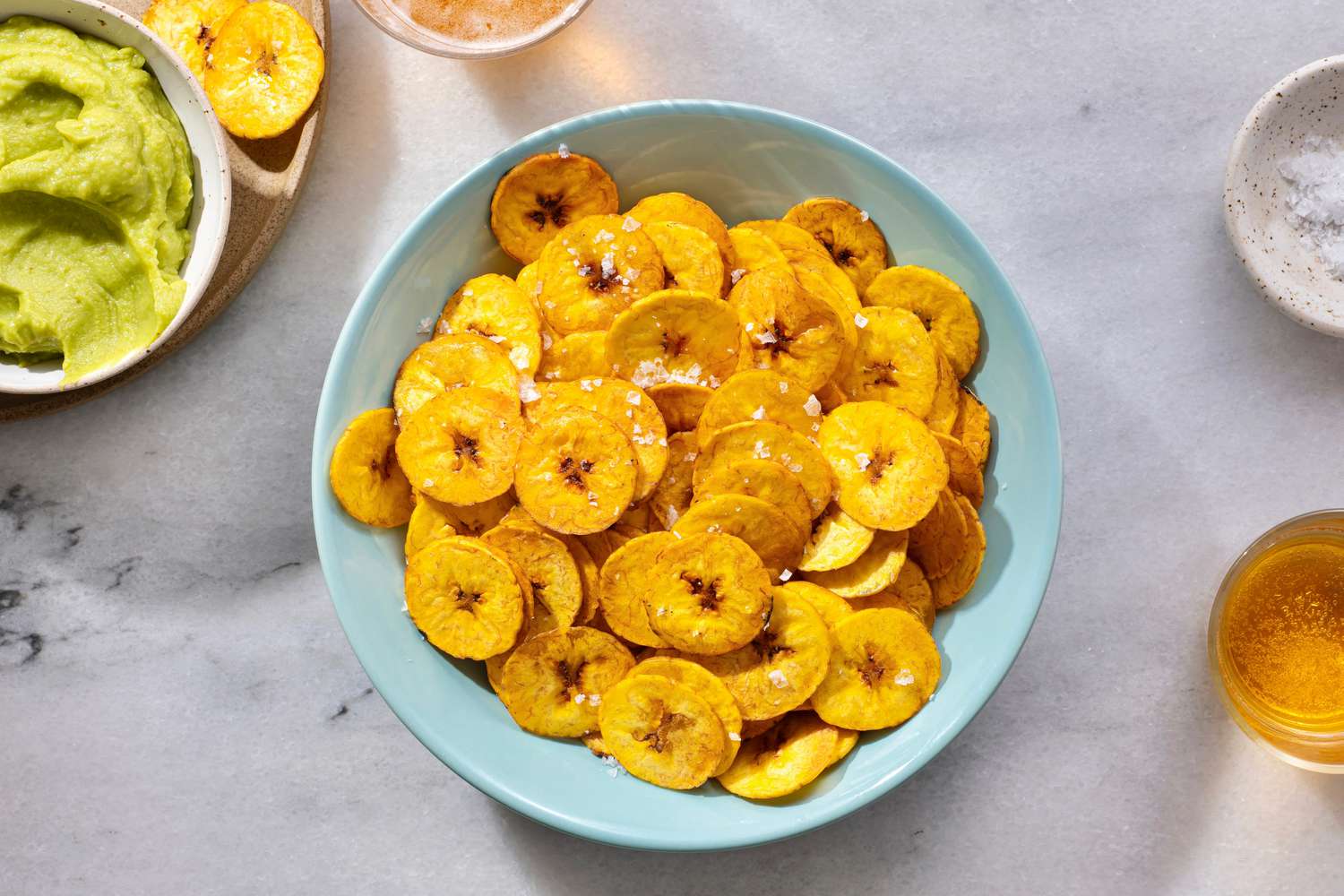
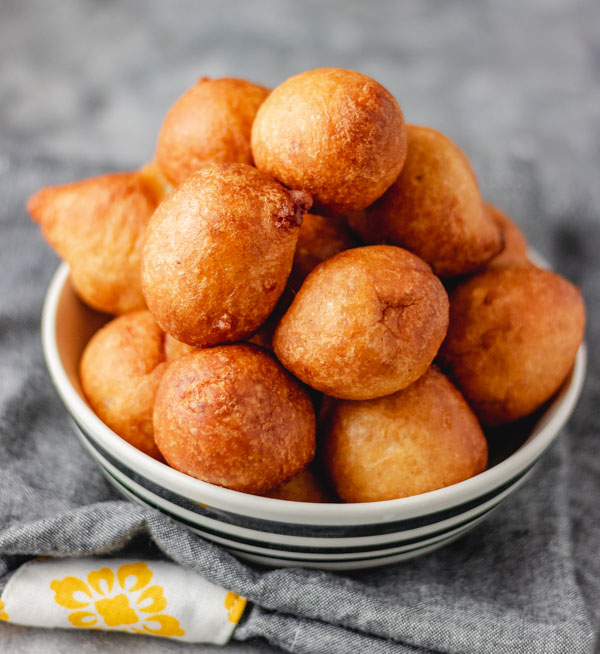
:max_bytes(150000):strip_icc()/73135-homestyle-potato-chips-ddmfs-0348-3x4-hero-c21021303c8849bbb40c1007bfa9af6e.jpg)
:max_bytes(150000):strip_icc()/__opt__aboutcom__coeus__resources__content_migration__serious_eats__seriouseats.com__2021__01__20210105-fried-plantains-tim-chin-12-174f7b5f473548f6a828d7de588b0942.jpg)
















































